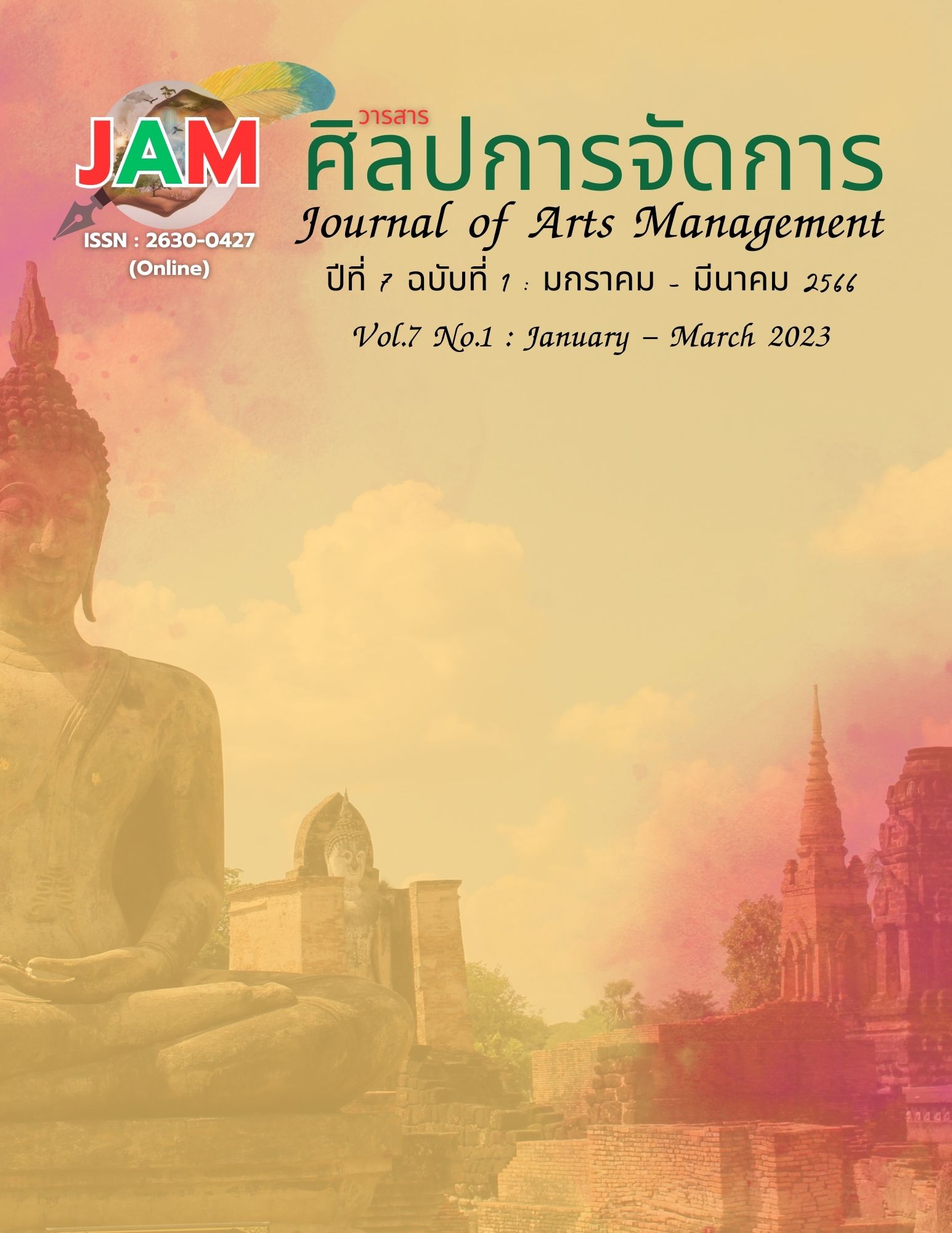Organizing Experiences for Learning, Problem Solving and Rational Thinking for Early Childhood
Main Article Content
Abstract
The purposes of this research to study the current state, concern need assessment, and knowledge to contemplate learning experience model enhance problem solving abilities and rational thinking of early childhoods. This research methodology was processed based on Research & Development that designed for three phases and comprised of Phase 1: study of the current state, concern need assessment, and knowledge to contemplate learning experience model to enhance problem solving abilities and rational thinking of early childhoods with the target groups for interviewing of four teachers, and target groups of two classes for observing learning behaviors, that obtained using purposive sampling method, and collected data through interviewing forms and observing form. Phase 2: Tried out contemplation of learning experience model to enhance problem solving abilities and rational thinking of early childhoods, in Municipal Community School 3 (Pinitphittayanusorn) with 21 target group students, that obtained by using purposive sampling method, and including tried out the research instruments supported collecting data in this study.
The research results revealed that: 1. The contexts of current state, need assessment, and concern knowledge to support contemplation of learning experience model, found that: (1) the teachers concentrated in target learning and needed to enhance abilities in problem solving and rational thinking of learners, that were not successful and needed to develop the whole of learner efficacies, with physical, mind and emotional, social, and cognitive characters. Whereas they needed to increase higher of learner competencies in the dimensions of more complex and challenge in valuable problem solving and rational thinking abilities. (2) revealed the results of experts assessment in correctness and appropriateness characters with a high level of 4.34 score and standard deviation of 0.23.
Article Details

This work is licensed under a Creative Commons Attribution-NonCommercial-NoDerivatives 4.0 International License.
Views and opinions appearing in articles in the Journal of Arts of Management It is the responsibility of the author of the article. and does not constitute the view and responsibility of the editorial team I agree that the article is copyright of the Arts and Management Journal.
References
Charoenwongsak, K. (2006). Critical thinking (5th ed.). Succes Media.
Garton, A.F. (2004). Exploring cognitive development: The child as problem solver. Blackwell Publishing. https://doi.org/10.1002/9780470773574
Joyce, B., Weil, M., & Calhoun, E. (2011). Model of teaching (8th ed.). Pearson Education.
Larson, B.E., & Keiper, T.A. (2013). Instructional strategies for middle and high school (2nd ed.). Routledge.
Morrison, G.R., Steven, M.R., Jerrold, E.K., & Howard, K. (2011). Designing effective instruction (6th ed.). Wiley.
Moshman, D. (1994). Reasons, Reasons and reasoning: A constructivist account of human rationality. Theory & Psychology, 4(2), 120-203. https://doi.org/10.1177/09593543940420
Paul, R. (1990). Critical thinking: What every person needs to survive in a rapidly changing world. Center for Critical Thinking and Moral.
Piaget, J. (1979). The child’s conception of the world. Littlefield, Adams.
Phumphongkhochasorn, P., Damnoen, S., Tuwanno, P.D.M., Srichan, P.W., & Udomdhammajaree, P. (2022). Educational quality assurance and school management standards according to international. Asia Pacific Journal of Religions and Cultures, 6(1), 1–16.
Vygotsky, L.S. (1978). Mind in society: The development of higher psychological processes. Harvard University.


